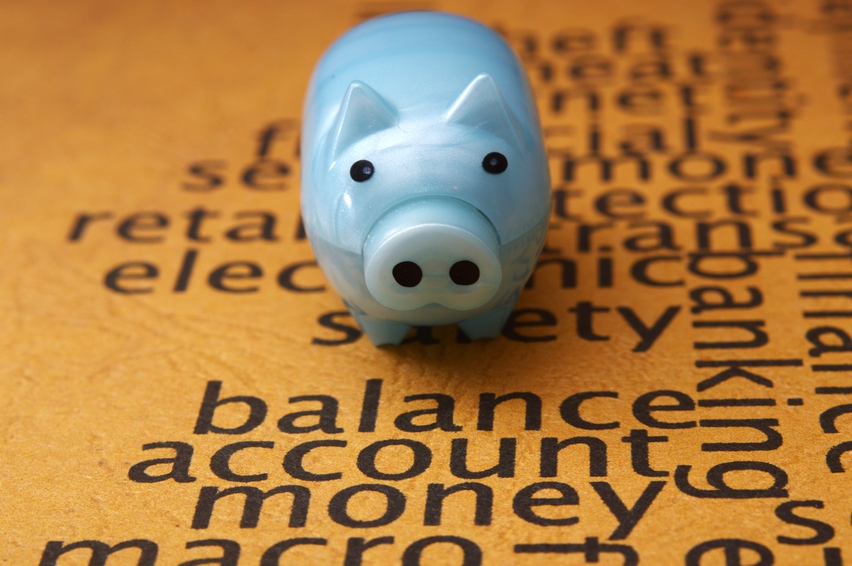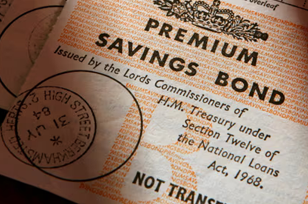Mortgages explained
A mortgage is a very particular type of loan that is only for buying property.
When you are applying for a mortgage there are two main factors in play: your income and the value of the property you are buying. You will be offered a mortgage amount that is a percentage of each amount. The value of the property is the lender’s security. Your income determines how risky a prospect you are to the lender.
How much can I borrow?
The amount you can borrow all depends on your income and savings.
You will need a ‘deposit’, usually a minimum of between 10% to 20% of the property’s value. The mortgage you apply for will be for the remaining 80% of the property’s entire cash value, minus your deposit.
For example:
- Property value = £250,000
- 20% deposit required = £50,000 cash
- Mortgage amount needed = £250,000 – £50,000 = £200,000
- This is called the ‘loan to value ratio’, or LTV to its friends!
Some lenders offer higher LTV rates, some even at 97% of the property’s value. These usually come with a considerably higher interest rates though. The best value interest wise is for buyers who have a bigger deposit.
What do I need?
In terms of organising yourself, you must first find a property and then calculate what percentage of a deposit you can afford and, from there, the type of mortgage that will give you best value.
Where does my income fit into the calculation?
In order to protect their interests, lenders will dig down into your financial circumstances so that they can be sure that you can afford the monthly mortgage repayments. They use either a percentage of your gross monthly income or your income minus outgoings to work this out. Use our other calculators and guides to put your financial house in order, before you embark on buying a real one.
So you need bank statements, bills etc. to hand when you are figuring out what property you can afford and when you go to get a mortgage.
Mortgage types
There are three main different types of mortgages – fixed-rate, variable-rate and interest-only – and then many options within each sector. They all have their pros and cons, so it’s important to consider which one is the best fit for your circumstances.
Fixed rate mortgages
This type of mortgage has a monthly repayment amount that remains ‘fixed’ throughout the duration of the loan. Fixed rate mortgages usually mean that you are paying off both interest and capital. This means that you are both paying off the interest on the mortgage and part of the loan itself every month – thereby constantly reducing the amount owed.
The security and stability of knowing exactly what your mortgage repayment will be every month is very attractive. It doesn’t matter what happens to the housing market, your interest rate is fixed and your repayment amounts cannot be increased.
On the other hand, this is a gamble for both the buyer and the mortgage lender. If the mortgage rates go up significantly, the mortgage lender loses out because they cannot adjust your fixed rate. It the mortgage rates take a considerable tumble, you can lose money because your rate is fixed at a higher amount.
Variable Rate Mortgage
This type of mortgage fluctuates with the market mortgage rate. So you are always paying market rate interest. You are not going to have the exact same monthly amount to repay. You can win, with a lower rate; or you can lose if the rate rises. Whatever the market rate does, that’s what your mortgage payment does. These types of mortgages are also usually ‘repayment’ plans, so you pay off both the interest and the actual amount owed.
There is a trend towards adjustable rate mortgages having a fixed rate for a certain number of years. So you would have predictable repayment amounts for that time period. Any fluctuations are taken into account across what is left of your mortgage.
Interest only mortgages
These are less common nowadays and mean that you are only paying the interest from a mortgage, not the actual capital. You never actually reduce the amount of the loan, you just repay the interest. There set up is similar to the variable rate mortgage, because the payment becomes a ‘principal-plus-interest’ model for the rest of the loan period.














